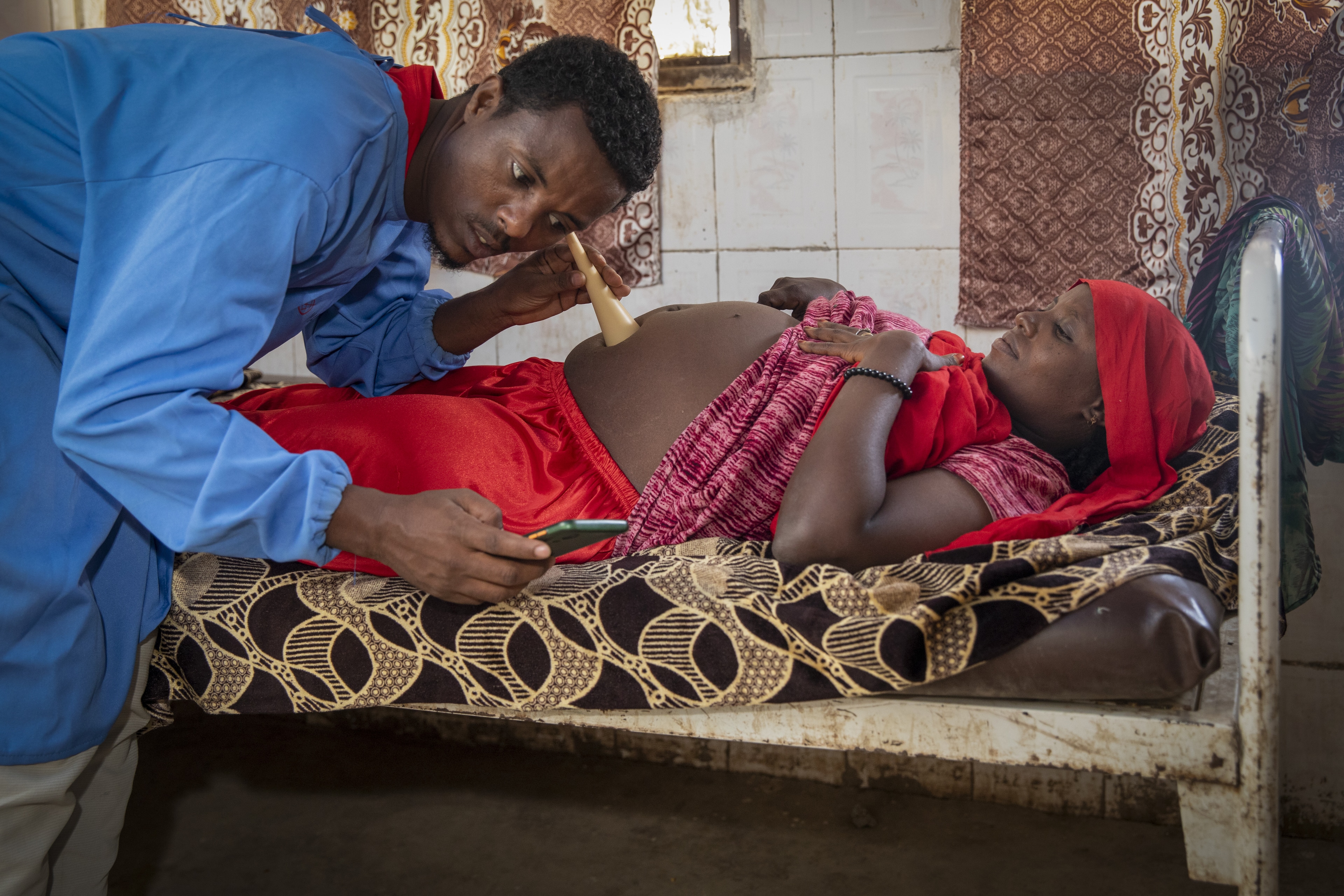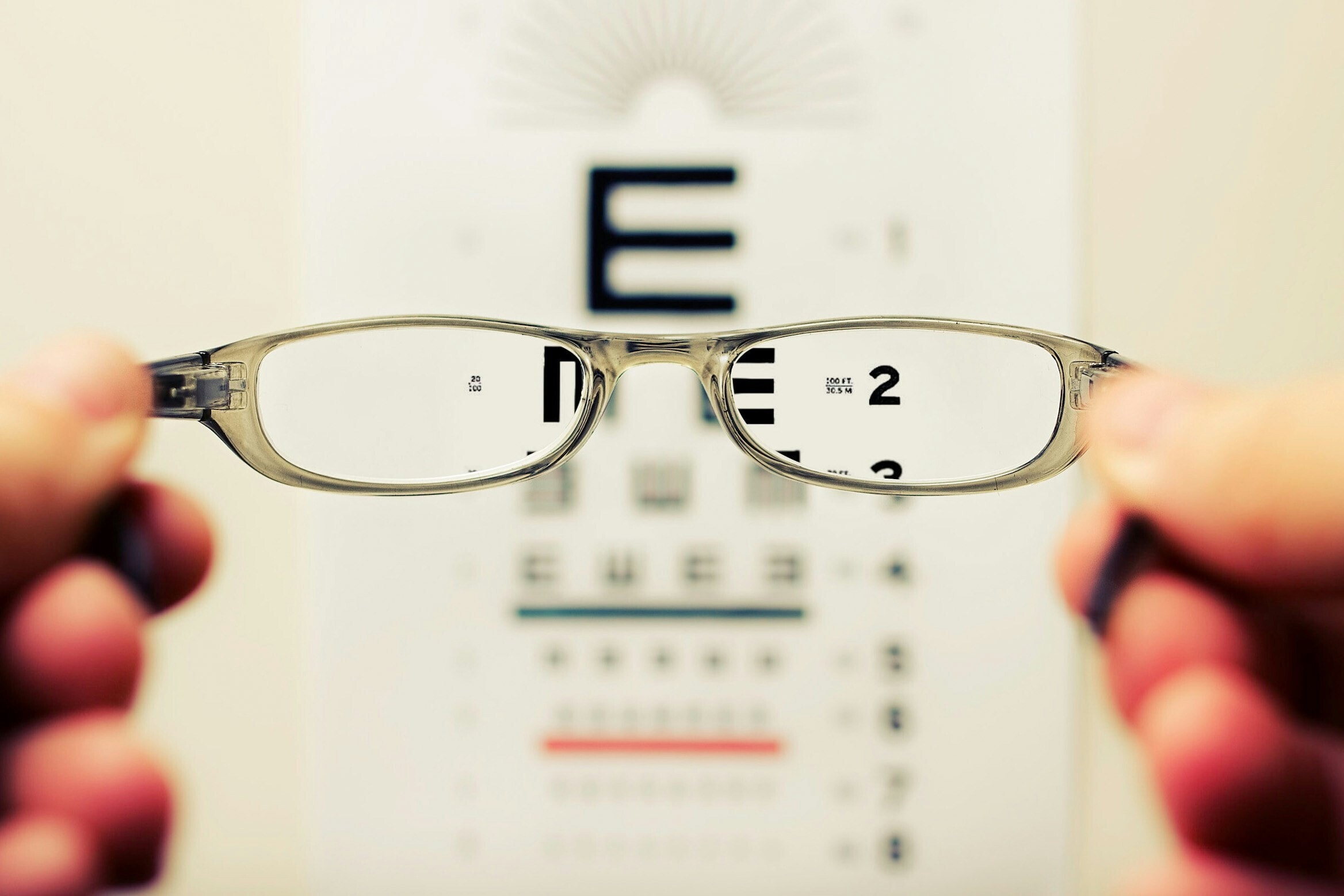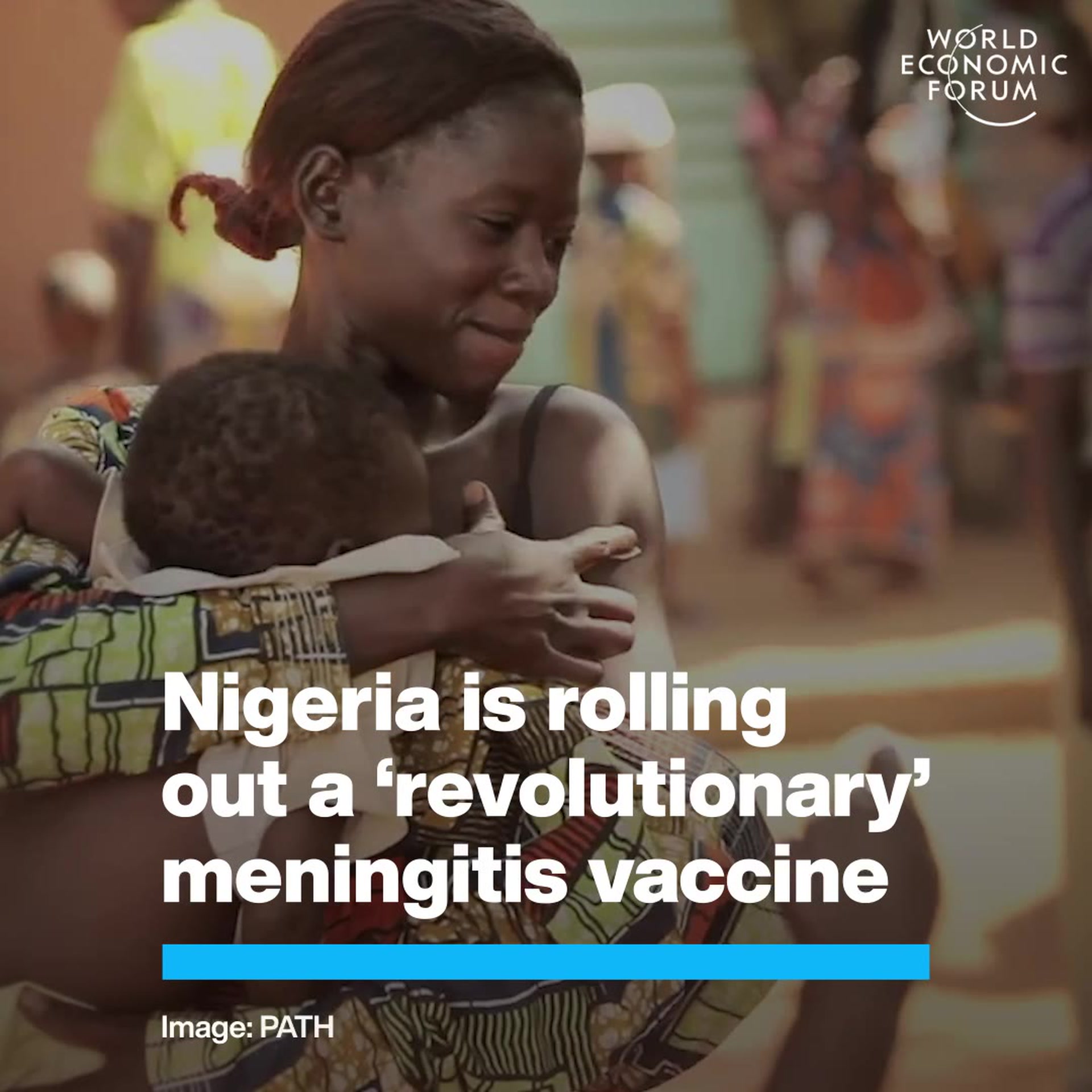How digital dispensaries can bridge healthcare gaps in Madhya Pradesh and other rural communities

The digital transformation of healthcare can help catalyze universal healthcare for all. Image: Getty Images/iStockphoto.

Get involved with our crowdsourced digital platform to deliver impact at scale
Stay up to date:
Global Health
Listen to the article
- India's healthcare system faces challenges in providing accessible and quality care, particularly in rural areas like Madhya Pradesh.
- Apollo Telemedicine Networking Foundation, part of the EDISON Alliance, helped establish digital dispensaries in these rural areas.
- The digital dispensaries aim to bridge the healthcare gap and provide prompt care to underserved communities.
In recent decades, India has made substantial progress in improving health indicators and increasing life expectancy. These advances can be largely attributed to the developments in medical technology and telemedicine tools that have increased access to healthcare services, but exceptions remain in rural parts of the country.
In India’s fifth largest state by population, Madhya Pradesh, over 71.1% of its population reside in rural areas and the state faces significant healthcare challenges, including:
- Insufficient healthcare infrastructure: The number of healthcare facilities is insufficient to cater to the healthcare needs of the population, leading to overcrowding and long waiting times. An average of 40,000-50,000 of the population is covered per PHC (Primary Health Care) and an average of 100,000-200,000 population is covered per CHC (Continuing Healthcare).
- Shortage of healthcare professionals: Madhya Pradesh, like other Indian states, experiences a scarcity of healthcare professionals, especially in rural areas, leading to an unequal distribution of doctors, nurses, and specialists, predominantly favouring urban regions. This disparity creates a considerable gap in healthcare services.
- Increased out-of-pocket expenditure: The expenses incurred for limited specialty consultations in local areas, when factoring in basic laboratory tests and medications, are approximately $9.75 to $12.2. Based on the per capita income data of Madhya Pradesh, approximately around 8-9% of the monthly income would need to be allocated to cover the costs of a single specialty consultation, which includes basic lab tests and medications.
- Lack of awareness and health education: The lack of health education has resulted in concerning health indicators, particularly affecting women. For instance, 55% of women have anaemia; a meagre 1 % of women aged 15-49 years have ever undergone a screening test for cancer of the cervix.; and 40% of women are either too thin or overweight/obese, putting them at greater risk of developing NCDs (Non Communicable Diseases).
To address these challenges and bridge the healthcare demand-supply gap in rural Madhya Pradesh, Apollo Telemedicine Networking Foundation (ATNF), with a US telecom infrastructure provider, implemented a unique solution in March 2022 “Digital Dispensaries”.
This partnership was amongst the first to emerge from the World Economic Forum’s EDISON Alliance “1 Billion Lives Challenge”. With a goal to develop affordable and accessible digital solutions across health, finance, and education by 2025, the Alliance has already made a significant impact by improving the lives of 454 million individuals through its membership of over 100 leaders from both the public and private sectors globally.
Through digital dispensaries, the aim is to provide healthcare services to approximately 200 villages across four districts in Madhya Pradesh, benefiting an estimated population of 250,000 people.
EDISON Alliance: What is the Forum doing to close the digital gap?
The implementation of digital dispensaries in Madhya Pradesh involved a comprehensive needs assessment to identify healthcare requirements. Target locations were selected based on population density, healthcare gaps, and connectivity. The necessary infrastructure including medical, lab equipment, and ICT devices, was set up. Healthcare professionals and support staff were provided with training on operating digital healthcare equipment, telemedicine technologies, medical consultations via teleconferencing, and proper documentation and record-keeping practices using digital tools.
Once digital dispensaries became operational, they offered not only teleconsultations, laboratory investigations, and medications, but also community-level screenings and social health education sessions on NCDs and prevention, especially amongst women. Regular monitoring and evaluation ensured effective service delivery and improved healthcare outcomes as below.
The impact
- Over the last 16 months, from March 2022 to June 2023, 13,975 GP consults, 1,662 specialist consults, and 7,187 lab tests have been conducted.
- We have successfully bridged the gender divide and are catering to the most underserved and vulnerable population, including women: overall, 59% of teleconsultations have been by women, 41% by men.
- Awareness around NCDs has been created through health education, and screening for 2,266 beneficiaries has been conducted through community camps. A total of 546 social health education sessions have been conducted, benefitting 13,158 individuals.
- Our initiative has helped build a proactive healthcare mindset amongst the masses, especially women, to approach healthcare actively.
- The initiative has been able to bring down the cost of healthcare services substantially to less than $6 on average, and with greater scale, we will be able to revolutionize this cost further.
Future prospects
- Integration with government health systems: Telemedicine centres should be integrated into existing healthcare systems, allowing for better coordination and collaboration between telemedicine providers and traditional healthcare facilities. The national and public health authorities can play a crucial role in promoting telemedicine initiatives through policy support, funding, and creating a regulatory framework to ensure quality and safety standards.
- Training and capacity building: There is an opportunity to step up the state-level training and capacity building for healthcare professionals in the technology platform, community-level disease screening, and preventive healthcare education, especially on NCDs.
- Improved access to remote villages: The expansion of multiple telemedicine centres may also lead to improvements in technology infrastructure and network coverage in the area to support seamless teleconsultations.
- Research and data analytics: Multiple telemedicine centres can contribute to the collection of valuable healthcare data, which could be analyzed to identify health trends and disease patterns, to inform public health initiatives and policy decisions.
Creative multi-stakeholder partnership models like the digital dispensaries envisioned by the EDISON Alliance can help underserved communities – not just in Madhya Pradesh but across the globe – receive the benefits of digital transformation of healthcare and help catalyze universal healthcare for all.
More private sector investments in health, especially through corporate social responsibility, are crucial to address healthcare challenges in far-flung, rural, and underserved areas. Key focus areas include addressing local healthcare needs by promoting innovation, engaging communities, investing in healthcare infrastructure, capacity building, and measuring impact. By prioritizing these aspects, private sector participation can significantly enhance healthcare access.
Don't miss any update on this topic
Create a free account and access your personalized content collection with our latest publications and analyses.
License and Republishing
World Economic Forum articles may be republished in accordance with the Creative Commons Attribution-NonCommercial-NoDerivatives 4.0 International Public License, and in accordance with our Terms of Use.
The views expressed in this article are those of the author alone and not the World Economic Forum.
The Agenda Weekly
A weekly update of the most important issues driving the global agenda
You can unsubscribe at any time using the link in our emails. For more details, review our privacy policy.
More on Health and Healthcare SystemsSee all
Charlotte Edmond
May 14, 2024
Shyam Bishen
May 13, 2024
Anna Cecilia Frellsen
May 9, 2024
Angeli Mehta
May 8, 2024
Emma Charlton
May 8, 2024






